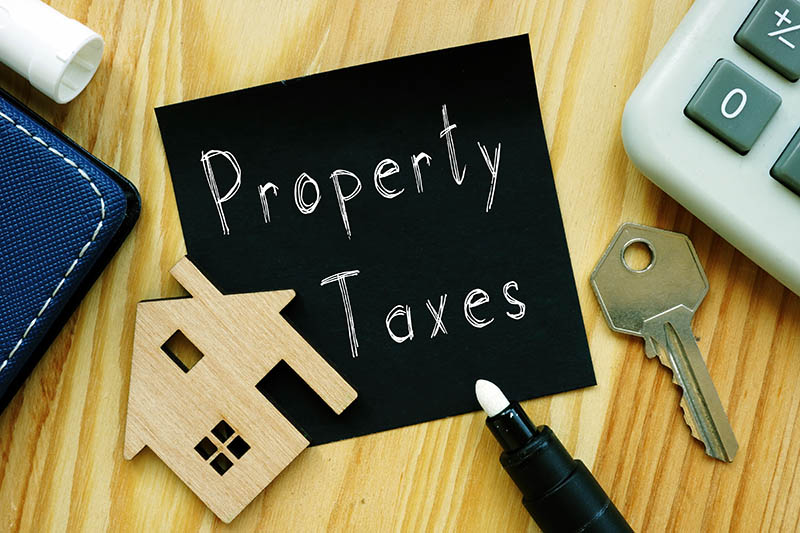Can I Deduct Property Taxes?
August 25, 2022 by Karen Thomas-Brandt, EA
The answer to this question is not straightforward. It depends upon many things, such as:
- Do you itemize your deductions, or do you take the standard deduction?
- Are you within the State and Local Tax (SALT) deduction limitation?
- Did you pay the tax in the current tax year?
- Is the amount of the tax paid based on the value of the property?
Let us start with the first question: Do you itemize your deductions, or do you take the standard deduction?
Generally, for taxpayers who do not have a business, farm, or rental property, they must itemize their deductions to be able to deduct property taxes. This means that the sum of your itemized deductions would need to be greater than the standard deduction for your filing status (for tax year 2021, standard deductions were as follows: Single/Married Filing Separately - $12,550, Married Filing Jointly/Qualifying Widow(er) - $25,100, and Head of Household - $18,800).
If you find that you do itemize your deductions, go to the next question: Are you within the State and Local Tax (SALT) deduction limitation?
While there is no limit on the number of properties for which you can deduct property tax, the Tax Cuts and Jobs Act (TCJA) brought us the SALT limitation. This means that the deduction for the combined state and local taxes, which consists of property taxes plus state and local income or sales tax, is capped at $10,000 ($5,000 if Married Filing Separately). If you are in a high-income tax state (like California or New York), you may hit the SALT cap with your state income tax alone, meaning your property taxes are essentially non-deductible. There are some ways around this; for instance, you could elect to take state sales tax over state income tax and then (possibly) still be able to deduct your property taxes. Some of these alternative options could get quite complex, so additional research should be done. Whether or not you claim a deduction for your property taxes, the total deductible limit will remain at $10,000 ($5,000 if Married Filing Separately).
Next question: Did you pay the tax in the current tax year?
For many states, real property taxes are assessed once a year but broken up into two payments – usually one payment due at the end of one year and one payment due near the beginning of the next year. This means you need to be careful when calculating the amount of tax you are deducting. For example, in the state of California, we pay our property tax bills in two payments: one due in December and the second due in April of the following year. This means you will need to gather two “years” worth of tax bills for the tax year payment calculation – for 2021, you would take the April tax payment from the 2020-2021 bill and the December tax payment from the 2021-2022 bill.
The final question to ask: Is the amount of the tax paid based on the value of the property?
For most real property tax payments, the answer is yes. However, many personal property taxes (such as those paid on a car) are not all based on the value of the property. For example, in the state of California, we pay our car registration fees annually and that fee is based on several factors: the vehicle type, the vehicle’s purchase price or declared value, where you live, the vehicle’s weight, etc. The only deductible piece of the total fee paid for registering a vehicle in California is the amount that is based on the value of the vehicle, which is call the Vehicle License Fee. For many states, none of the registration fee is based on the vehicle’s value, which means none of that registration fee (or personal property tax) is deductible.
As with most tax questions, the answer to “Can I Deduct Property Taxes?” is not simple. But hopefully, you now have a better understanding of when you can and cannot deduct property taxes. And, as always, keep track of and document all your payments. This way, when tax time comes around, it will be a little less stressful.
Another way to reduce stress is to purchase Audit Defense from TaxAudit. In the case that the IRS ever comes to question the items claimed on your tax return, we will be there to review the notice and tax return, make recommendations, come up with the strategy for your next steps and, in the case that the IRS notice is incorrect, represent you through the entire audit process.
For more information, please visit here or call our Customer Service team at 800.922.8348 and they will be happy to help.





